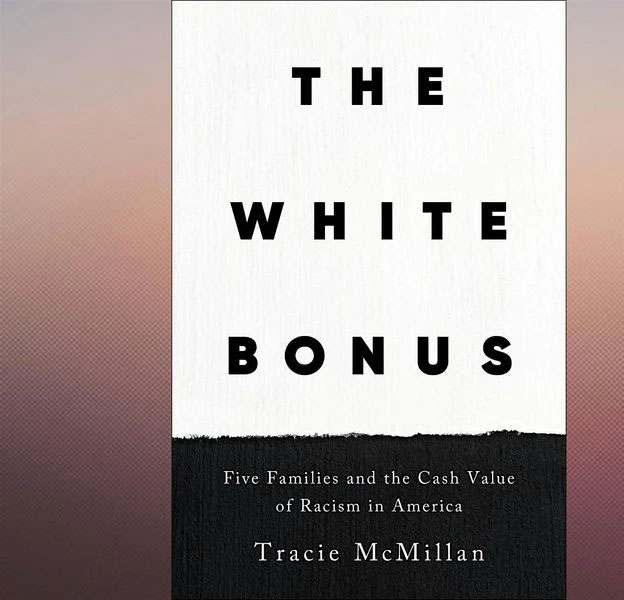
Photo Credit: Getty Images
Tracie McMillan, a journalist and author, embarked on a revealing journey to quantify the benefits she's received as a White American. Through meticulous calculations, she estimated her accrued advantages to a staggering $371,934.30, shedding light on the often unseen privileges bestowed upon White individuals.
McMillan's assessment encompassed two distinct categories: the familial support she received, such as college tuition payments, educational loans, and inheritance, and the societal advantages, including job opportunities, housing, and access to credit, facilitated by her race. Delving into her family's history and societal structures, McMillan unveiled how racism had shaped her life trajectory and contributed to her family's modest wealth.
In her latest book, "The White Bonus: Five Families and the Cash Value of Racism in America," McMillan meticulously explores the intersection of race and wealth, drawing from investigative research, interviews, and personal anecdotes. Reflecting on her motivation, McMillan expressed a desire to understand the intricacies of racism beyond its impacts on non-White communities.
"I felt like I needed to take some responsibility for myself and understand how things were working on my end," she explained.
Central to McMillan's exploration is the concept of the "White bonus," a monetary estimation of the advantages accrued by White individuals due to systemic racism. This exercise, she admits, was humbling, revealing the extent to which her family's financial stability was influenced by race-based policies and practices.
Throughout her research, McMillan encountered narratives from White, middle-class families grappling with economic uncertainty and societal pressures. Contrary to conventional assumptions, these families were not immune to financial challenges, highlighting the precariousness of the middle class in America.
McMillan's book challenges prevailing notions of race and privilege, urging readers to confront the uncomfortable truths embedded within societal structures. By dissecting the myth of meritocracy and questioning notions of deservingness, she underscores the pervasive influence of racism on both individual trajectories and societal well-being.
Ultimately, McMillan hopes her book will foster greater awareness and dialogue surrounding racism and its far-reaching implications. She emphasizes the importance of collective action in dismantling systemic inequities and fostering a more just and equitable society.
"What I want is for people to work to end racism because I think it's in all of our interests," McMillan asserts. "It is great and important to show up to things like Black Lives Matter protests. But it's also important to do the hard, daily work in your community — talking to your friends and neighbors and trying to shift people's understandings so that we can all take care of each other."
Jeff Ian

















